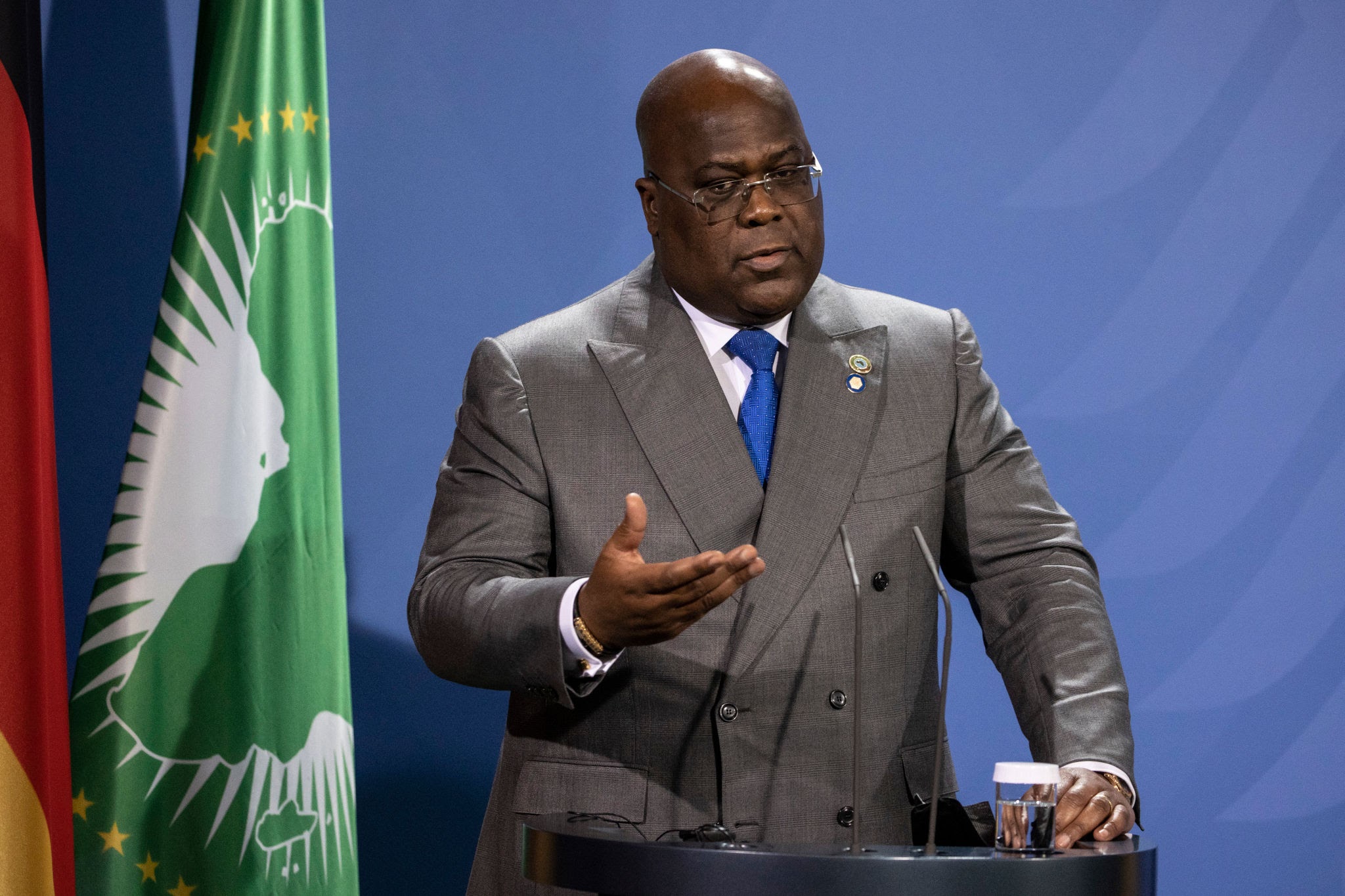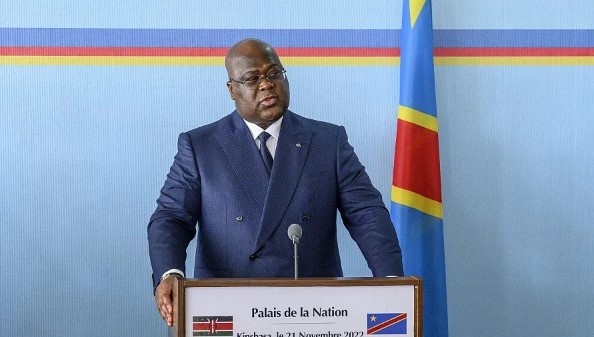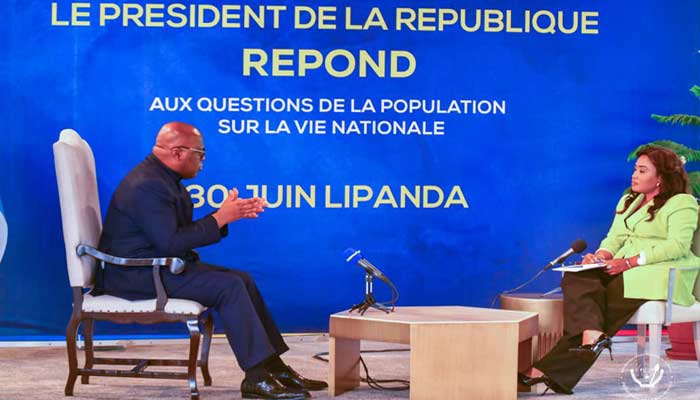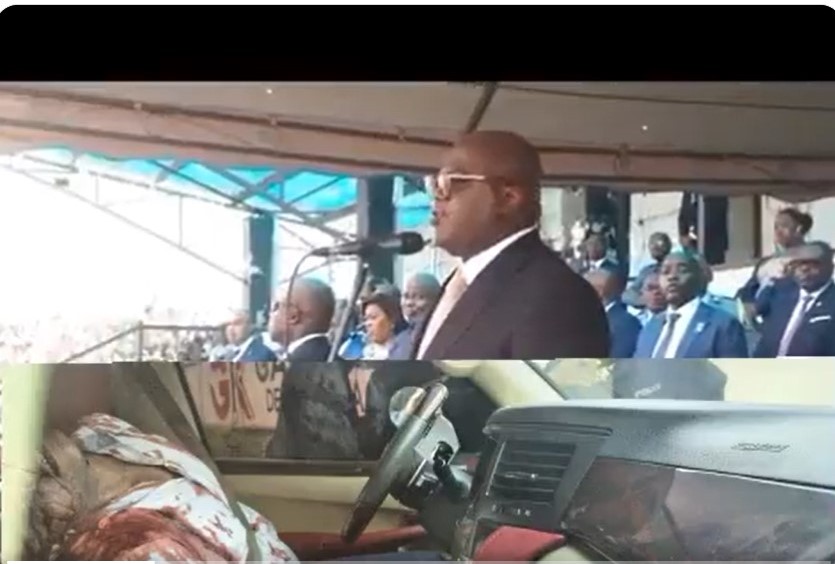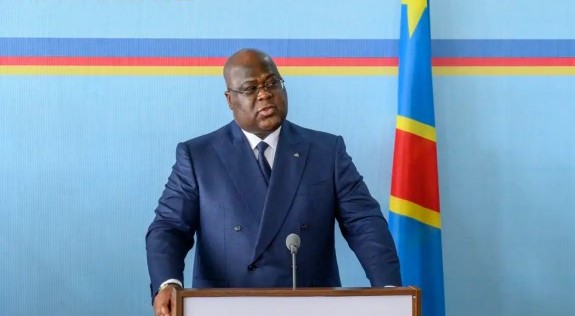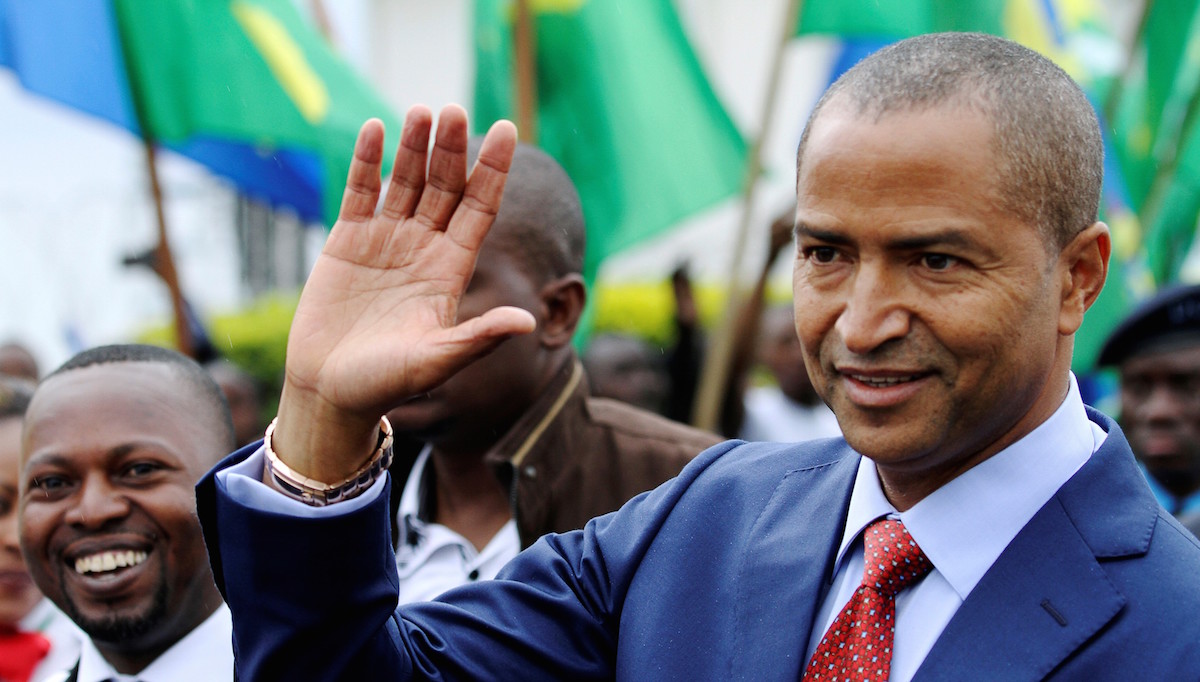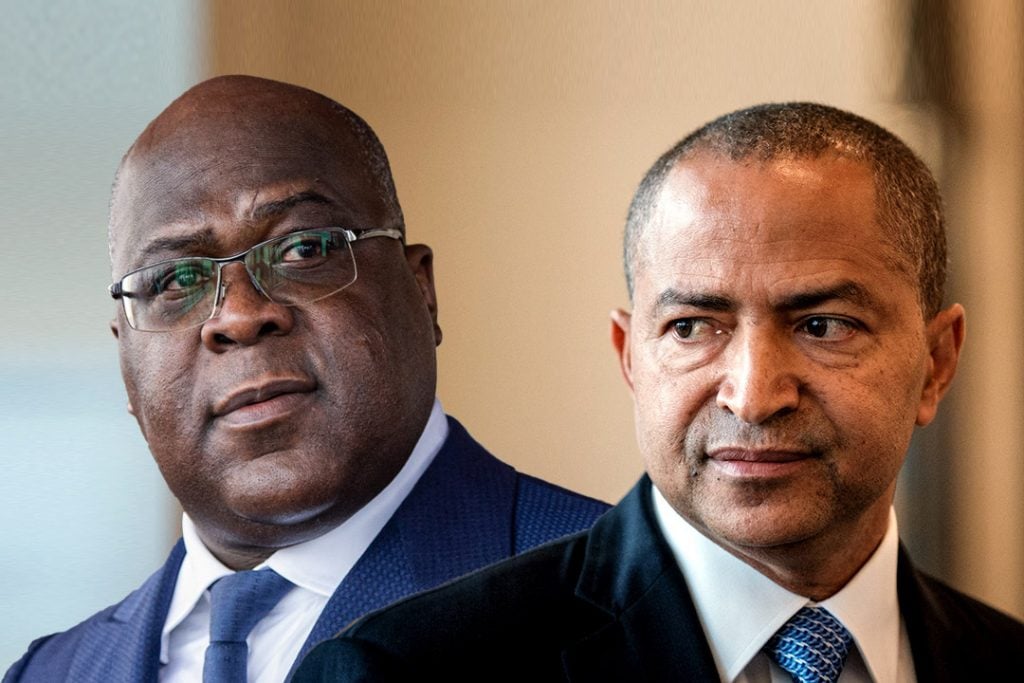Regional
DRC crisis: M23-FARDC war a business opportunity for Tshisekedi
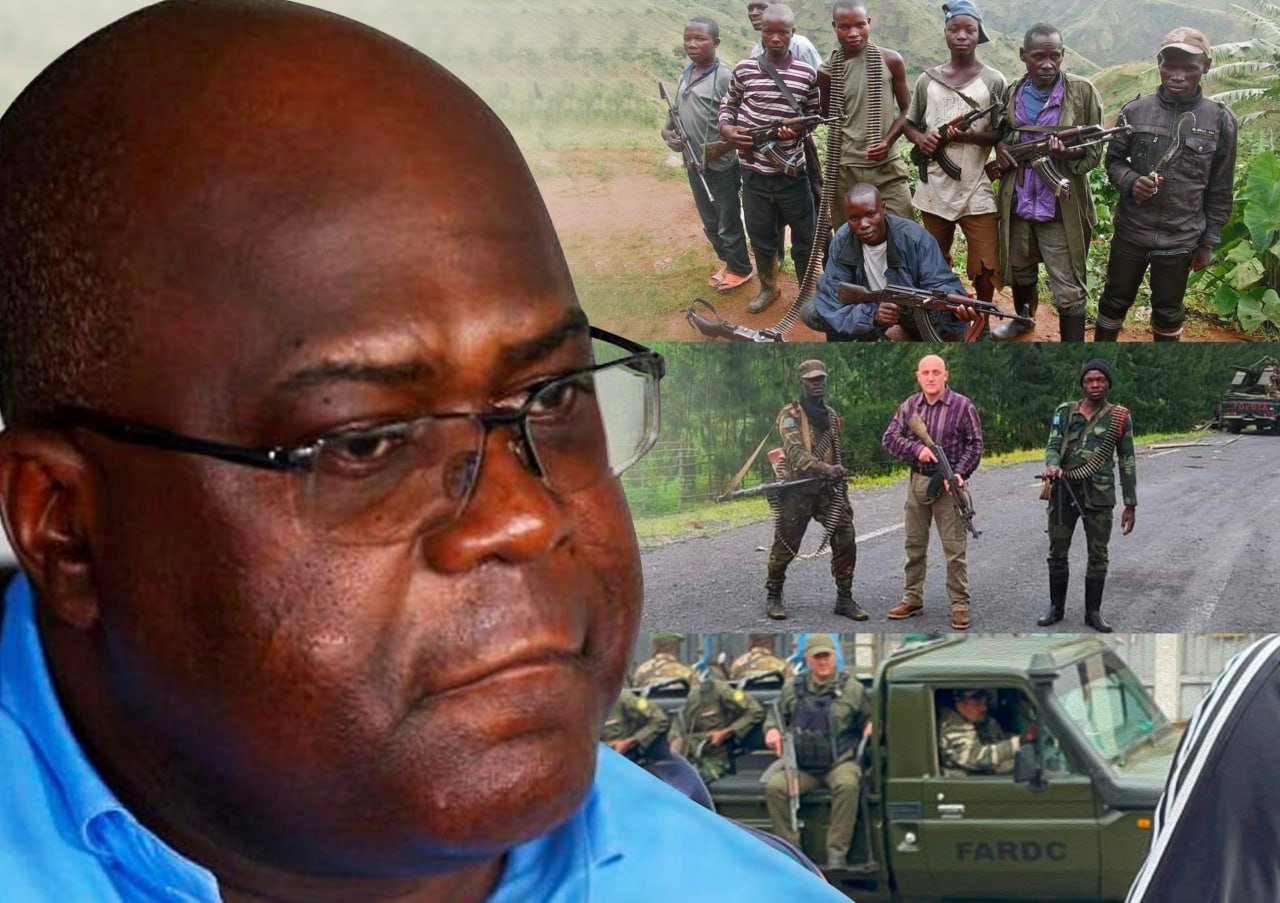
Congolese
President Félix Tshisekedi is turning the war between his army and the M23
rebels into a business.
He is making
billions of dollars while thousands of Congolese people are killed and millions
others are displaced in the eastern part of the country.
Tshisekedi
opted to privatize the M23-FARDC war rather than equipping his army and looking
for sustainable solutions through dialogue as was
urged by different regional leaders.
The European
military contractors who also supervise daily activities of the Congolese army
plan all the military operations. All Kinshasa does is provide billions of
dollars to the mercenaries, and they do everything Tshisekedi wants them to do.
Tshisekedi
is using war to increase his wealth. He is crafting pretexts to justify the budget
for war, as he enriches himself as well as his inner circle.
Two
private military companies have been operating alongside the Congolese army in
North Kivu Province for over a year. Agemira RDC, a subsidiary of a parent
company based in Bulgaria, run by French businessman Olivier Bazin, is working
with RALF, an association of ex-Romanian troops led by a former Romanian
soldier, Horatiu Potra.
Bazin
and Potra play a central role in the Congolese army’s operations against the
M23.
The Congolese
government negotiated a large scale contract with Agemira RDC signed in July
2022 by former Defense Minister Gilbert Kabanda Rukemba.
The contract
covers maintenance of the DRC army’s fleet, including two Sukhoi Su-25 combat
aircrafts and two Soviet-made Mi-24 attack helicopters. The second is rehabilitation
of the airports at Bukavu, Kavumu and Beni; and finally, security for aircraft
and strategic sites.
Agemira
RDC was also commissioned to carry out an advisory mission for the Congolese
army headquarters in Goma.
In November
2022, RALF signed a contract with Tshisekedi for one year, to provide training
for some FARDC units. Organized from the Mubambiro camp in North Kivu, the
training covers the handling of various weapons (sniper rifles, AK47s,
grenades, among others) as well as specialized war situations – fighting in
forest or urban environments and ambush management, among others.
In
December 2022, Tshisekedi explained that the stream of European mercenaries in
Goma are “instructors recruited to provide psychological support to the FARDC”.
From
around 100 at the end of 2022, the number of “instructors” has risen to 900,
including many Romanian police officers.
Around
40 were deployed to Bukavu airport since June to train the Republican Guards in
the use of “collective weapons”, including RPG-7, SPG-9, 12.7 and 14.7 heavy
machine guns.
The
airport is due to receive three CH-4 combat drones, acquired by the DRC from
China for $150 milion.
Congolese
pilots are being trained by Chinese instructors, with some of the instructors based
in Kinshasa permanently.
Tshisekedi
had initially opted for Turkish equipment.
But Bazin
advised against it. Technically, he was in favor of the Chinese, particularly
for the fact that the Turkish drones had no satellite connection.
Bazin
and Potra were on the front line in the intense fighting with M23 in February
2023.
The UN
mission in DRC, MONUSCO, provided artillery support to the Romanian troops
during the fighting around Sake.
The mercenaries’
presence is causing unease within the Congolese army. Some generals have been bypassed
in decision-making and that did not please them.
In
North Kivu, the Congolese army has nearly 25 generals who interfere with the
decisions of the military governor.
To
rectify things, so they thought, Agemira imposed a more direct line of command,
effectively dismissing several generals.



